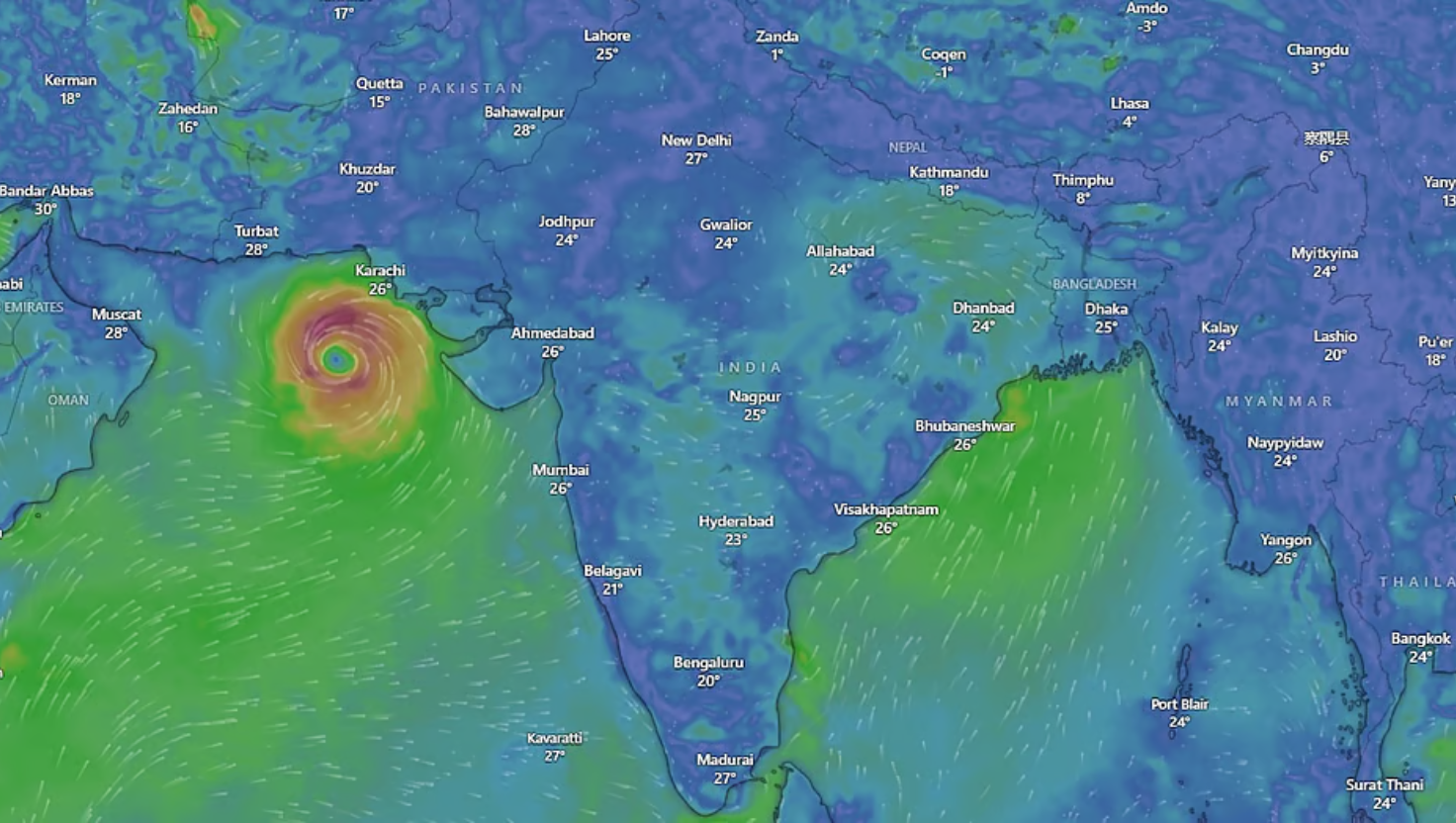The Armed Forces (Special Powers) Act, 1958 (AFSPA)
Syllabus: UPSC Prelims
Source: PTI
Context
The Government of India has recently extended the Armed Forces (Special Powers) Act, 1958 (AFSPA) in parts of Manipur, Nagaland, and Arunachal Pradesh for another six months, continuing its application in “disturbed areas” of the Northeast.
What is AFSPA?
- Definition: Enacted in 1958, AFSPA grants special powers to the armed forces to maintain law and order in “disturbed areas” where civil administration cannot function effectively.
- Aim: To empower security forces to control insurgency, maintain peace, and assist the civil administration in areas experiencing violent disturbances or armed rebellion.
Procedure for Declaring a Disturbed Area
- Under Section 3, the Governor of a State, Administrator of a Union Territory, or the Central Government can declare an area “disturbed” if public peace is at risk.
- Notification is published in the official gazette, with periodic review every six months.
Key Features
- Special Powers to Armed Forces
- Use force, including firing, against those violating prohibitory orders (assemblies of 5 or more, armed individuals).
- Destroy insurgents’ arms dumps, fortified positions, or hideouts.
- Arrest without warrant on suspicion of cognizable offences.
- Search premises without warrant and recover arms or wrongfully confined persons.
- Custody Rules
- Arrested persons must be handed over to the nearest police station at the earliest.
- Legal Immunity
- Armed forces personnel cannot be prosecuted or face legal proceedings without prior sanction from the Central Government.
Importance of AFSPA
- Provides a legal framework for the armed forces to assist civil authorities in counter-insurgency operations.
- Ensures swift action to maintain sovereignty, integrity, and security in regions experiencing armed conflict or violent disturbances.











